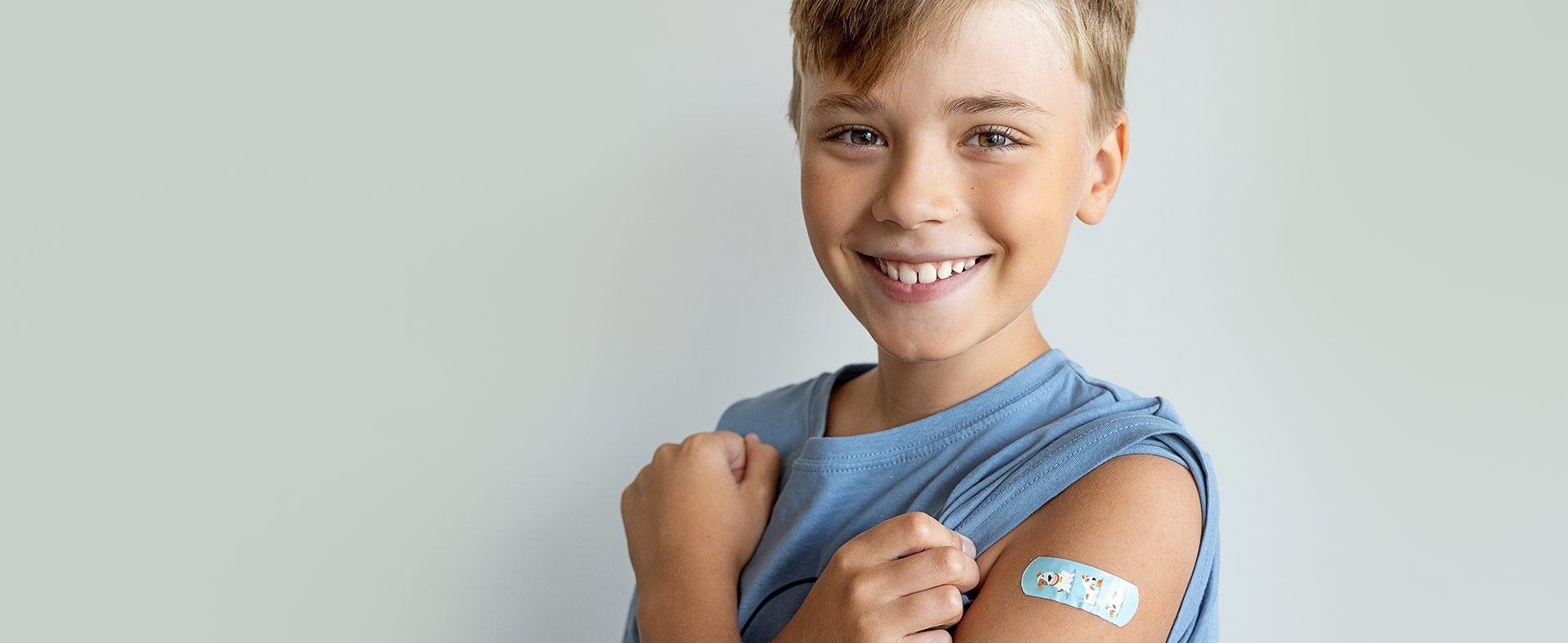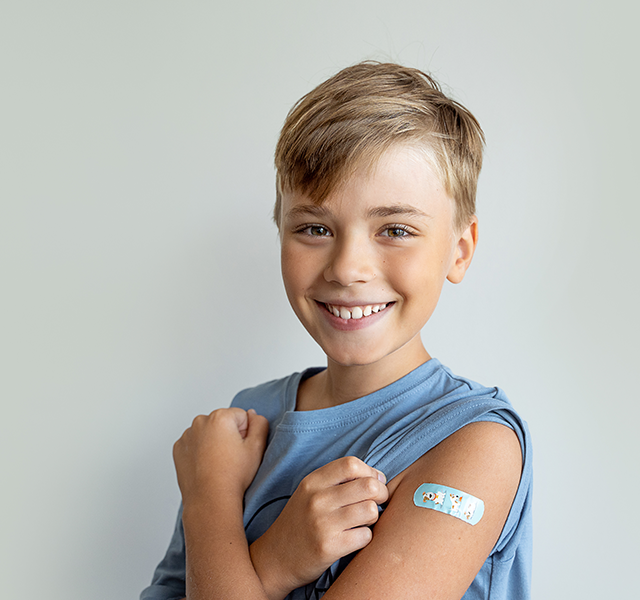HPV (short for human papillomavirus) is often misunderstood. Some think HPV, which infects people through any physical, skin-to-skin contact and can lead to genital warts and cancer, is exceedingly rare. Others think that all strains of HPV cause cancer. In reality, HPV infections are very common, but cancer caused by HPV is not. Most people infected with HPV will not develop a cancer related to the infection.
One of the other most prevailing HPV myths is the notion that the virus only affects women. But HPV affects about 80% of people – men and women – throughout their lifetime. The infection typically goes away on its own without causing health problems. But if the body does not clear the virus, it can cause several different types of cancers, including cervical cancer in women, and, increasingly, head and neck cancer in men. In fact, head and neck cancer has overtaken cervical cancer as the most common HPV-related malignancy in the U.S.
That’s why physicians like Suhael Momin, M.D., a head and neck cancer surgeon at Henry Ford Health, stresses that boys — and all youth —get vaccinated.
“Imagine being able to prevent cancer with just two shots,” says Dr. Momin. “That’s essentially what HPV vaccine does.”
Here, he shares what to know about HPV and the vaccine that can prevent it.
Q: What is HPV, exactly?
Dr. Momin: Human papillomavirus (HPV) is a virus that is pervasive or endemic in our society. In other words, it’s everywhere. At any point in time in the U.S., some 80 million people are infected though intimate contact (not necessarily sex). The majority of people with HPV are in their late teens to mid-20’s. Most of those infected will clear the virus naturally within nine to 24 months, but for some people, the infection can stick around and cause changes in the cells that it infects. These changes can lead to a number of cancers including throat cancer.
Q: Why should young boys (and their parents) be aware of HPV and the HPV vaccine?
Dr. Momin: The cancer cases that I see most these days are HPV-related cancers of the tonsils and tongue base — what we call HPV-positive oropharyngeal cancer. The rise in these types of cancers has been rapid.

Get The HPV Vaccine
Q: What age should young people get the vaccine?
Dr. Momin: The vaccine is approved for everyone ages 9 to 45. Ideally, all children, including boys, should receive the vaccine at ages 11 or 12 years, as it’s when our immune systems are most robust/active. Because of this, if you complete the vaccine series before age 15, you only need two doses. If you start the series at age 15 or after, three doses are recommended.
Q: Why wasn’t the vaccine commonly administered to boys in the beginning?
Dr. Momin: The HPV vaccine was approved by the FDA in 2006 for use in adolescent and teenage girls. This is likely because much of the initial research in the vaccine’s development was performed in females because of the burden of cervical cancer. The vaccine wasn’t approved for males until 2009. We now know that HPV causes several different types of cancers in men, including cancers of the oropharynx, anus and penis. Because of this delay in approval, there was a delay in access to the vaccine for boys, which translated to delayed publicity and a delay in information reaching both doctors and parents regarding the vaccine’s benefits for boys.
Q: How many people are getting HPV vaccine now?
Dr. Momin: In general, HPV vaccination rates remain dismally low. As of 2020, about 75% of teens had received at least one dose of the HPV vaccine and 58.6% had completed the series. The goal is that 80% of teens will have completed the series by 2030.
Q: Is the vaccine safe for everyone? Is it effective?
Dr. Momin: We know this vaccine is safe. We know it’s effective. It’s been studied for a while now. Large studies have demonstrated a dramatic decrease in cervical pre-malignant lesions in women who received the HPV vaccine compared to those who did not.
Most importantly, Dr. Momin says, all youth need to receive the vaccine before they are exposed to the virus, and the risk of contracting the virus increases with age. So even if your pediatrician or primary care physician hasn’t recommended the vaccine yet, parents shouldn’t be afraid to ask about its availability. In doing so, you’ll help to combat misinformation surrounding HPV.
Reviewed by Suhael Momin, M.D., a head and neck cancer surgeon who sees patients at Henry Ford Cancer - Detroit and Henry Ford Medical Center - Lakeside.



